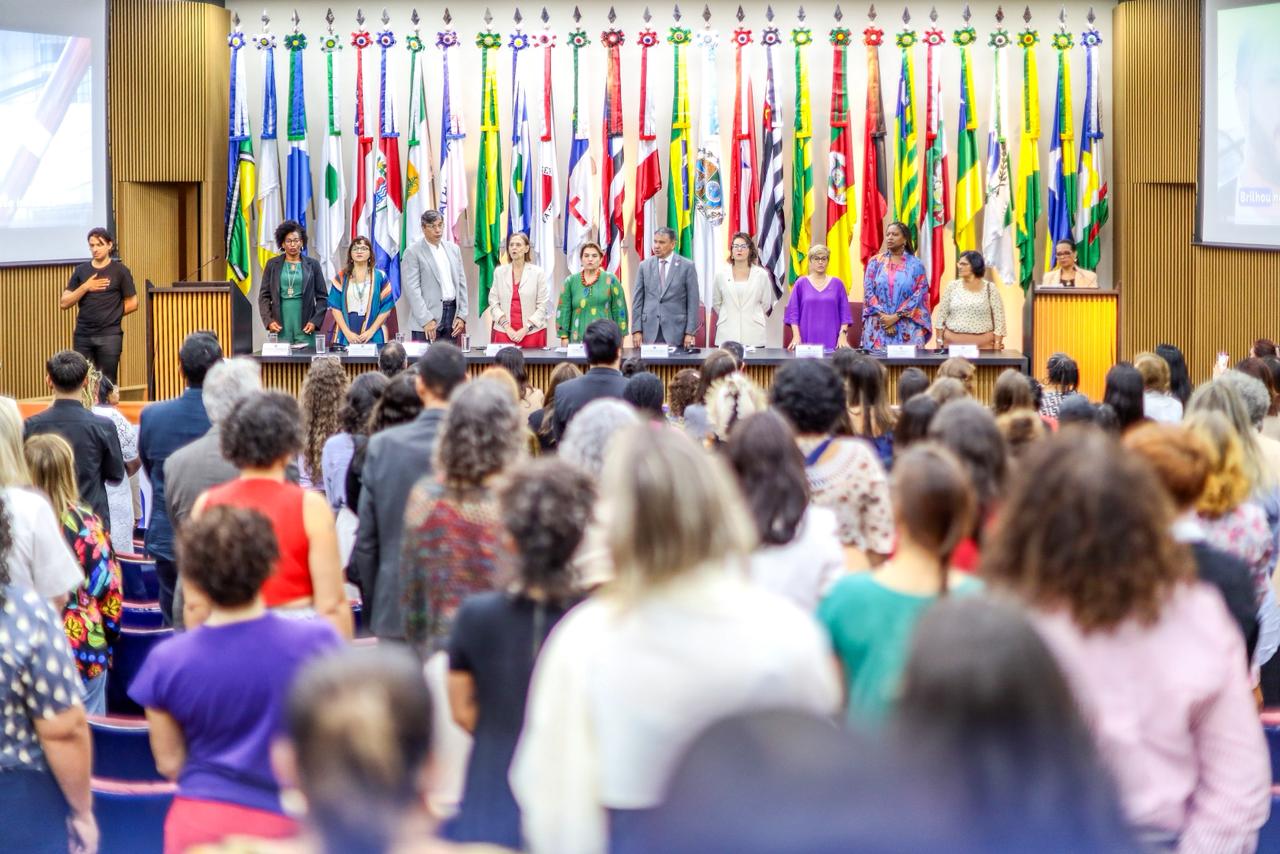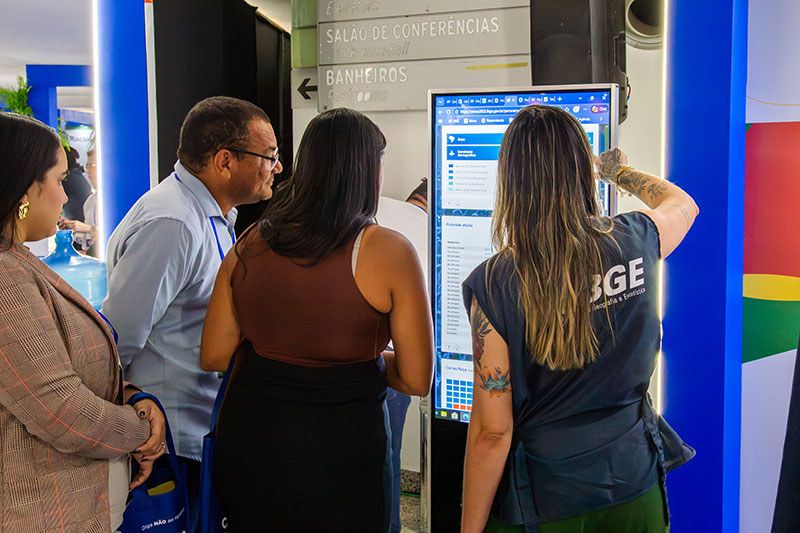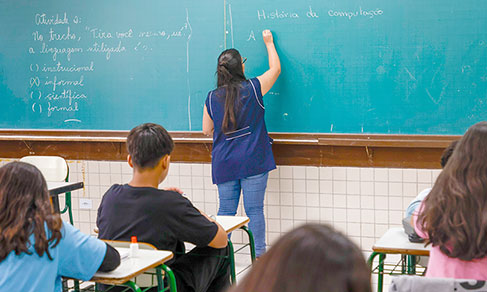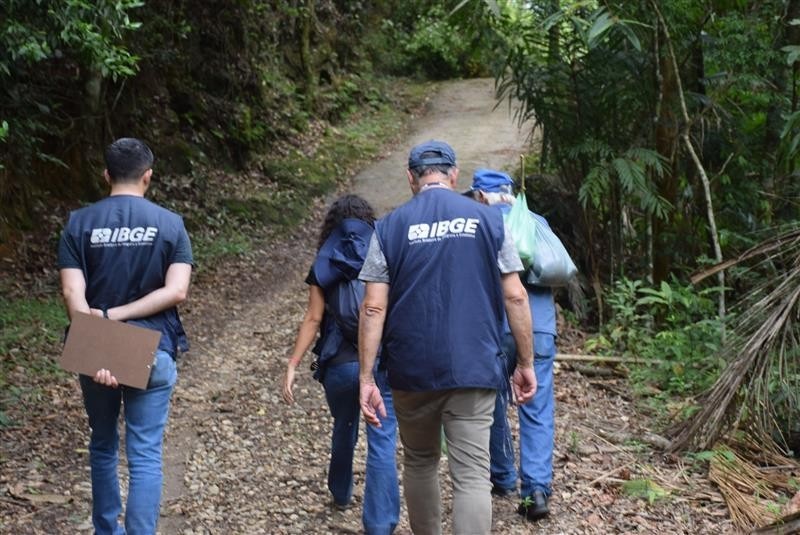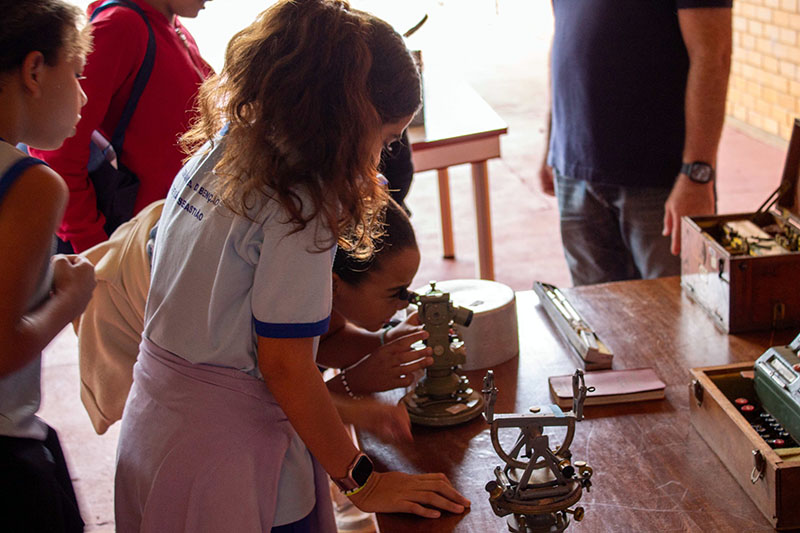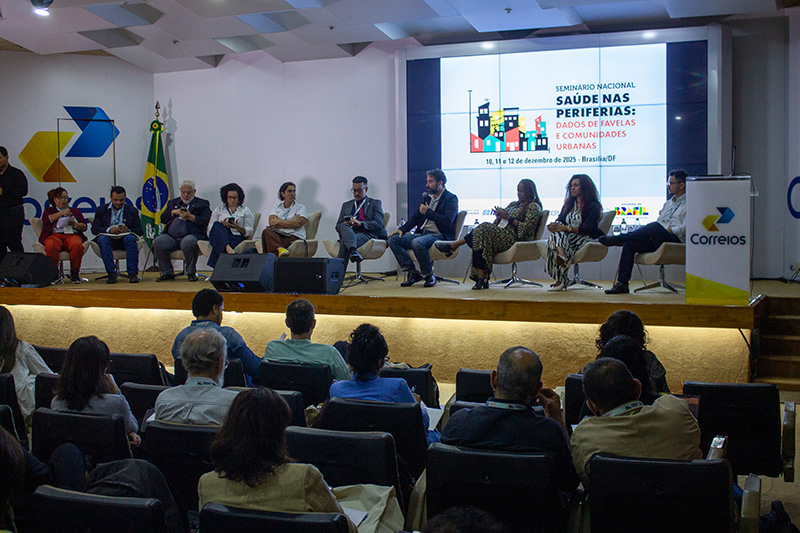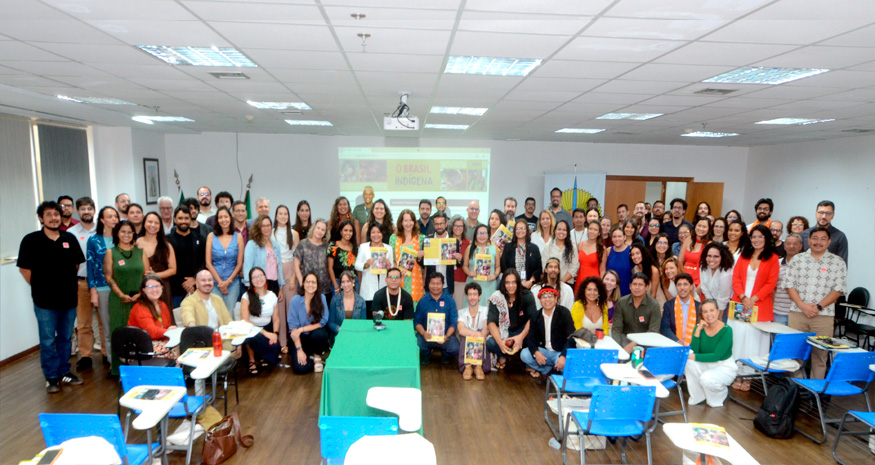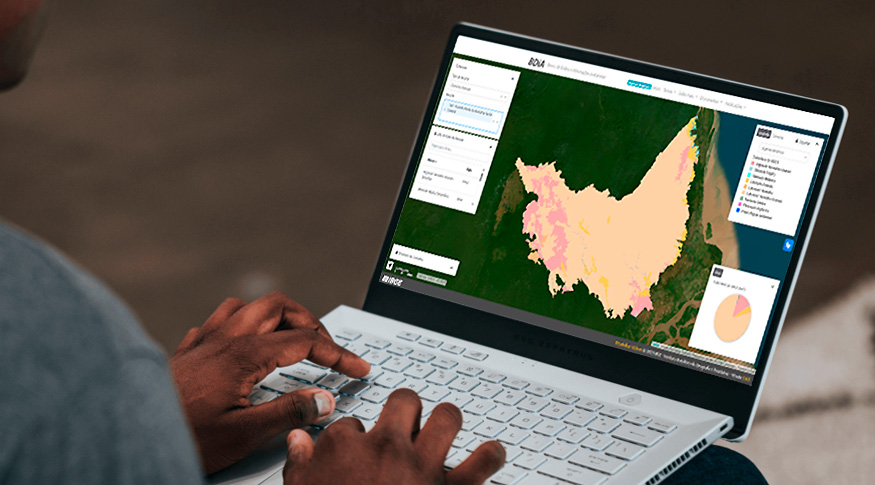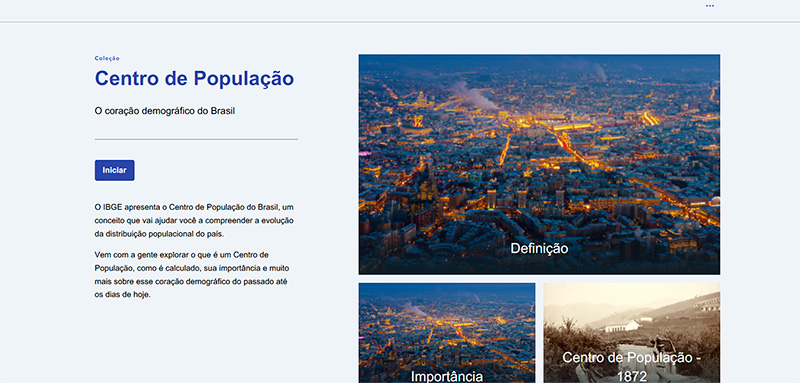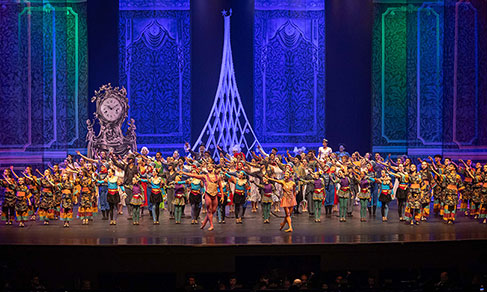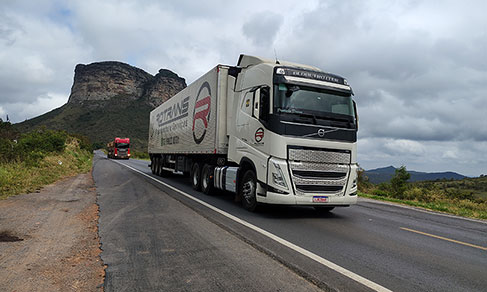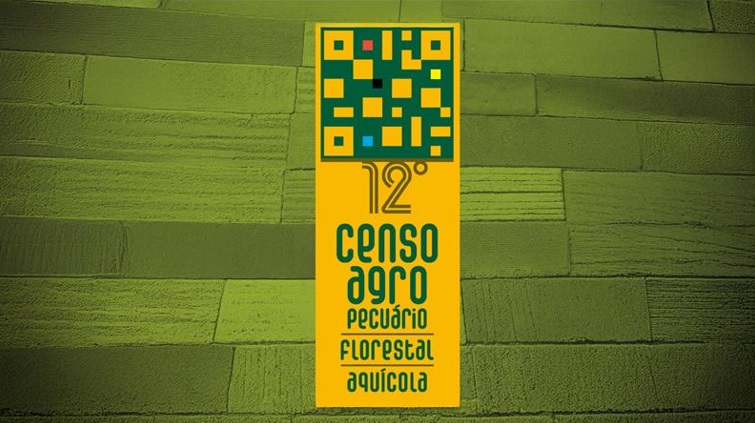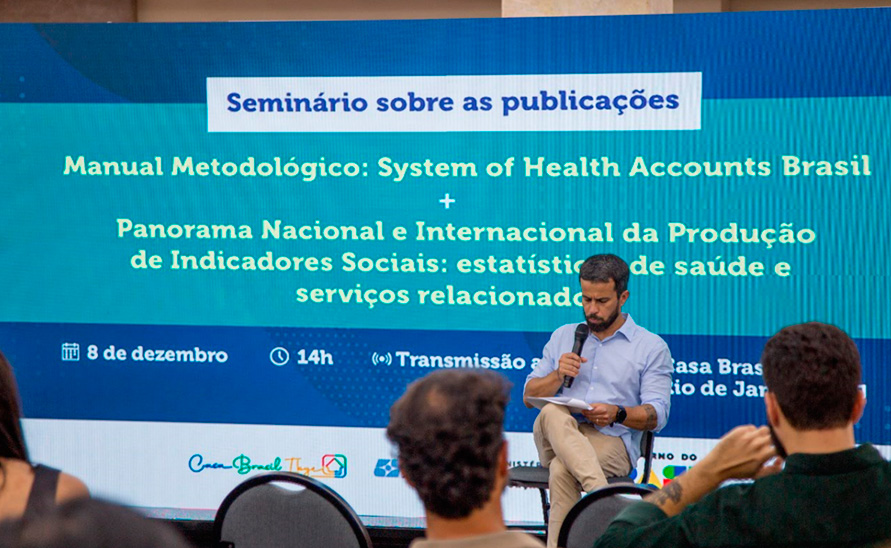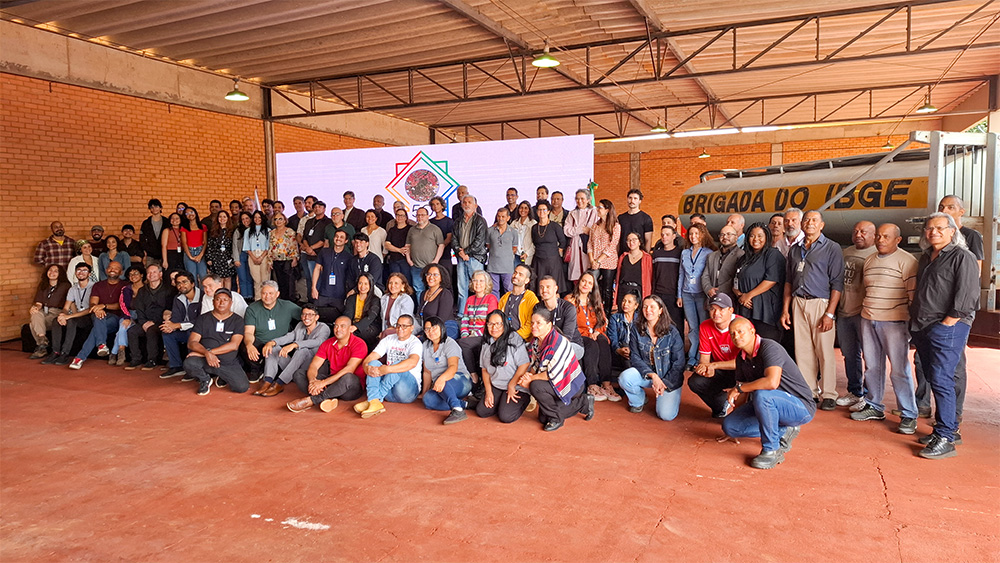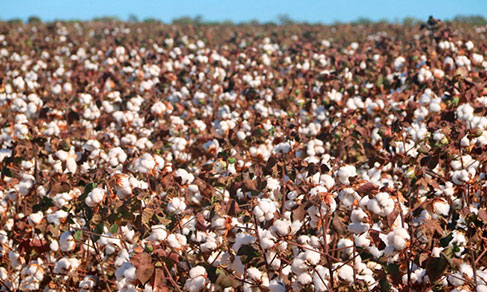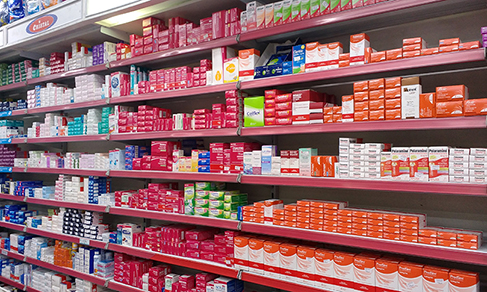Digital Era Conference: WGs discuss Communication, dissemination and literacy this Thursday at 2 pm
August 01, 2024 01h21 PM | Last Updated: August 05, 2024 08h11 PM

On the fourth day of the National Conference of Data Producers and Users, organized by the Brazilian Institute of Geography and Statistics (IBGE) in partnership with the State University of Rio de Janeiro (UERJ), the working groups will start, at 2 pm, a discussion about Communication and dissemination about Literacy and teaching.
The Conference is being held at the Maracanã campus of UERJ, in the north area of the capital of Rio de Janeiro. Free registration for the Working Groups is free is open at the IBGE Virtual Shop.
The Conference will last until Friday (02), gathereing more than 500 technicians and 100 speakers and and round table and group coordinators, bringing together experts, representatives of tech giants, public managers, government data companies, multilateral organizations and social movements, scholars and students, and civil society organizations to discuss topics such as digital sovereignty and the consolidation of the National System of Geosciences, Statistics and Data, SINGED.
The Working Groups (WGs) this Friday will discuss the impact of the Digital Era in communication, highlighting the transition in the mediation of the Digital Era for communication as a products in the Digital Era. Topic such as the existence of companies that are bigger than countries and the impact of sovereignty of nations on the privacy of the population.
The discussion will encompass the contrinution of Brazil, by means of the IBGE and technical partnerships, with a focus in six axes: communication infrastructure, production and dissemination of information, data sovereignty, official data and copywright, digital literacy and privacy capture.
Check the working groups scheduled for today (August 01):
A – Communication and dissemination
GT1 – Communication infrastructure
Communication in the 21st century is increasingly based on platformization, supported by large infrastructures in transportation, storage, processing and consumption of digital data. These infrastructures include increasingly complex physical and logical structures, as well as automation systems with a variety functions. This entire apparatus serves certain business models along with their social implications. The objective of this topic is to understand how these communication infrastructures are organized in Brazil, as well as their political, economic and material impacts.
Coordinator: Leandro Albertini Leite, Brazilian Institute of Geography and Statistics / Center for Information Documentation and Dissemination - IBGE/CDDI
10 minutes - IBGE presentations as support material for discussions:
Group 6 – Márcia Maria Melo Quintslr, Brazilian Institute of Geography and Statistics/Directorate of Surveys - IBGE/DPE
Participants:
• Juliano Mendonça Domingues da Silva, President of the Brazilian Society of Interdisciplinary Communication Studies - Intercom
• Sivaldo Pereira, University of Brasília - UnB
• Catarina Felix dos Santos Soares, Library, Information and Memory Department – IBGE
• Augusto Magalhães Pinto de Mendonça, Department of Web Services and Infrastructure – IBGE
• Rodrigo Faria de Almeida Rego, Department of Innovation and Development – IBGE
• Roberto Stoeterau, Department of Publication and Content Management – IBGE
GT2 - Data production, dissemination and certification
Government agencies produce a variety of information about the cycle of public policies, including not only detailed considerations about the expansion of citizenship rights, but also data about the relationship between the citizen and the government. Opportunities for the dissemination of information of this kind can increase with the aid of new formats and forms of support that make it even more necessary to ensure data protection and authenticity.
Coordinator: Luciana Ferreira Lau, Department of Library, Information and Memory – IBGE
10 minutes - IBGE presentations as support material for discussions:
Group 7 – Danielle Chaves de Oliveira, Brazilian Institute of Geography and Statistics/Directorate of Surveys - IBGE/DPE
Participants:
• Danilo Rothberg, São Paulo State University - Unesp
• Iluska Coutinho, Federal University of Juiz de Fora - UFJF
• Antonio Lassance, Institute for Applied Economic Research - Ipea
• Diana Paula de Souza, Department of Content and Promotion - IBGE
• Ana Laura Moura dos Santos Azevedo, Department of Content and Promotion - IBGE
GT3 - Data sovereignty
Global flows of data can represent, in some countries, loss of sovereignty as they generate technological dependence and asymmetrical relationships with other parties, including corporations, economic blocs or nations. In a scenario where data grow in value and clearly become an asset as the raw material for a new industry, it is necessary to establish protocols, norms, and have regulating entities and public policies to protect the user. Data sovereignty means having the State play this role as a protector, thus ensuring that the data collected in a territory will be subject to the laws applicable there. Privacy protection, data security and the limits imposed to digital surveillance are important dimensions in this context..
Coordinator: Aline Pedro Carneiro Damacena, Department of Publishing - IBGE
10 minutes - IBGE presentations as support material for discussions
Group 5 – Cláudio Ananias Ferraz, Brazilian Institute of Geography and Statistics/Directorate of Information Technology - IBGE/DTI
Participants:
• Fernando Oliveira Paulino, University of Brasília - UnB
• César Bolaño, Federal University of Sergipe - UFS
• André Barbosa Filho, University of São Paulo - USP, Brazilian Institute of Information in Science and Technology - IBICT
• Rodolfo Avelino, Membro do CGI, Professor Insper-SP
• Jones Manoel da Silva - historian, writer, communicator and popular educator; doctoral student at PPGSS/UFAL
WG4 - Official data and copyright
The State has been, historically, an important producer of information. That condition has reached a new level in the digital era, with its opportunities and challenges. Different government agencies make official data available with a variety of topic of formats, such as, for example, the census, statistical bases, reports, videos, booklets and other documents related to the activities performed. How can information be used for the sake of public interest? In a context marked by a new industrial revolution based on digital data, in which information plays a central role, the commercial use of these data by third parties, the relationship with copyright issues, the use of official data for Artificial Intelligence (AI) training and the role of these data in innovation are some of the dimensions that require special attention. In this respect, it is necessary to debate and establish principles and parameters for the production, dissemination and reuse of official data.
Coordinator: Marcelo Benedicto Ferreira, Brazilian Institute of Geography and Statistics / Coordination General of Social Communication - IBGE/CCS
Participants:
• Marcelo Godoy, Producer, TVT Network
• Paulinho Sacramento - Rio Mapping Festival; Commission for Ethnic and Racial Equality of the Brazilian Press Association – ABI
• Jamile Barreto - Deliberative Council and Directorate for Ethnic and Racial Equality of the Brazilian Press Association - ABI
GT5 - Digital literacy
Media and information literacy includes the development of digital competence for critical engagement with information, safe online navigation and the fight against misinformation and hate speech. Additional objectives of media and information literacy are learning how to create reliable information systems and promoting the acquisition of abilities to deal with digital innovations, such as artificial intelligence, in both formal and informal learning environments.
Coordinator: Maria do Carmo Dias Bueno, Brazilian Institute of Geography and Statistics / Center for Information Documentation and Dissemination - IBGE/CDDI
Participants:
• Mariana Ochs - Palavra Aberta Institute
• Cosette Castro, Brazilian Institute of Information in Science and Technology - IBICT
• Isabela Mateus de Araújo Torres, Department of Information Retrieval – IBGE
• Renata Cristina Freire Corrêa, Department of Educational Affairs – IBGE
• Danielle Sampaio Barreiros, Department of Library, Information and Memory – IBGE
• Sérgio Marcondes, Professor and Consultant in Information Technology; MS2 Consultoria
GT6 - Capture of private data
Data are usually collected without proper consent and used for commercial or surveillance purposes, which compromises individual privacy. In the current scenario where information is a valuable asset, it is crucial to create strong public policies and tools that can guarantee the integrity and confidentiality of personal data. Promoting transparency in data collection practices and ensuring that institutions that deal with information adopt strict security measures is essential. Data security is fundamental to build public trust and safeguard the integrity of research and innovation processes in Brazil.
These issues also affect the field of intellectual property and have a direct effect on the choices of technological patterns for several integrated systems such as transport layers, modulation codecs, audio and video compression and middleware.
The costs of broadband implementation, digital television dissemination, the launch of low-orbit satellites, etc.
Coordinator: Bruno de Vizia, Brazilian Institute of Geography and Statistics / Coordination General of Social Communication - IBGE/CCS
10 minutes - IBGE presentations as support material for discussions:
Group 4 – Andrea Diniz da Silva, National School of Statistical Sciences – ENCE
Participants:
• Vicente Macedo de Aguiar, Pessoa & Pessoa Advogados
• Juarez Silva Filho, User's Service Department – IBGE
• Pedro Saliba, Data Privacy Brasil
• Paulo Hartmann, Avant Garden
• Tereza Porto, MS2 Consultoria
B – Literacy and teaching
WG1: Statistical literacy and points of contact with continued education from the perspective of a national data system
Established to:
Discuss the importance of literacy initiatives in several segments of society: in education, in public management and in social action. Particularly, open dialogues among national data systems and foster statistical literacy, considering the scanning and skimming skills in identifying the information value.
Coordinator: Bianca Walsh, National School of Statistical Sciences - ENCE
10 minutes - IBGE presentations as support material for discussions:
Grupo 4 – Andrea Diniz da Silva, National School of Statistical Sciences – ENCE
Participants:
• Alexandre Silva, Federal University of the State of Rio de Janeiro - UNIRIO
• Luciane Velasque, Health Secretariat of the State of Rio de Janeiro - SES
• Mauren Porciúncula, Federal University of Rio Grande - FURG
• Paulo Mota Medeiros Junior, Data Labe
GT2: IBGE, scientific associations, research centers and social organizations: potentialities and gaps in the information produced
Established to:
Discuss the production of science in Brazil and its interface with the production of statistical and geoscientific data, considering its interaction with society, demands for new methodologies to produce public statistics and the structuring of the governance of the national statistical system in face of contemporary economic, environmental and social challenges.
Coordinator: Cesar Marques da Silva, National School of Statistical Sciences - ENCE
Participants:
• Cássio Besarria, National Association of Graduate Programs in Economics - ANPEC
• Viviana Santiago, Oxfam Brasil
• Francisco de Assis Mendonça, Brazilian Society for the Progress of Science - SBPC and Federal university of Paraná - UFPR
WG3: Teaching and scientific production in the fields of Population, Territory and Public Statistics in Brazil
Established to: Discuss education and scientific production in the area of demography and regional and urban planning and their interfaces with living conditions, territory and public statistics from the point of view of different coordinators of postgraduate programs of this area at Capes (Coordination for the Improvement of Higher Education Personnel).
Coordinator: Angelita Carvalho, National School of Statistical Sciences - ENCE
Participants:
• Paula Miranda, Center for Regional Development and Planning of the School of Economic Sciences of the Federal University of Minas Gerais - Cedeplar/UFMG
• Luciana Lima, Federal University of Rio Grande do Norte - UFRN
• Alberto Augusto Jakob, State University of Campinas - Unicamp
• Marcelo Gomes Ribeiro, Institute of Research and Urban and Regional Planning of the Federal University of Rio de Janeiro - IPPUR/UFRJ
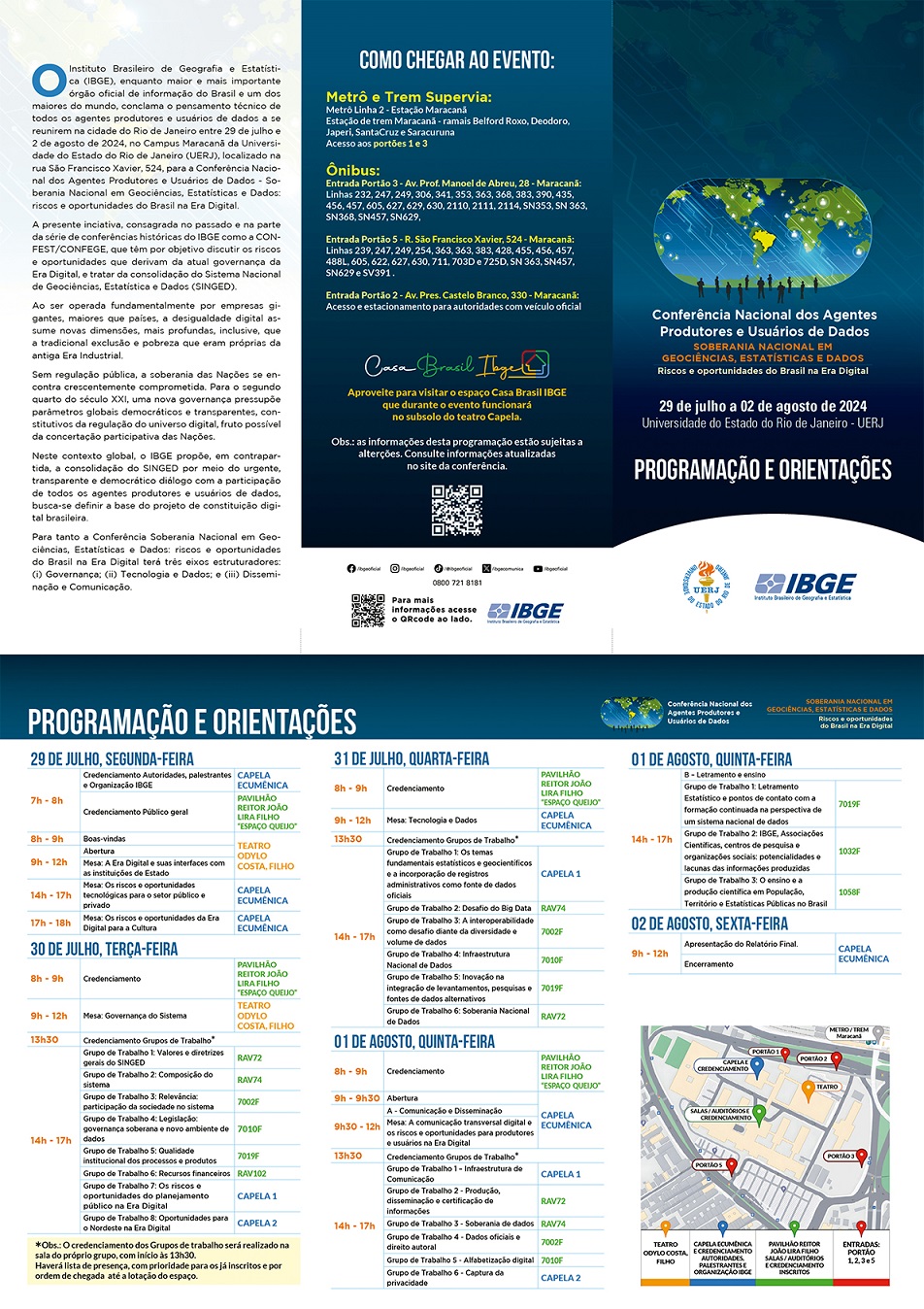
Service:
National Conference of Data Producers and Users - National Sovereignty in Geosciences, Statistics and Data
Venue: Maracanã Campus of the State University of Rio de Janeiro (UERJ), located at São Francisco Xavier, 524 - Maracanã.
Click here for directions: https://maps.app.goo.gl/r7AU51kvdajzwA459
Date: July 29 to August 02
Time: 8 am to 5 pm
Registration: IBGE Virtual Shop - https://loja.ibge.gov.br/conferencia-nacional-dos-agentes-produtores-e-usuarios-de-dados.html
Conference website: https://eventos.ibge.gov.br/conferencia-soberania-nacional/apresentacao



